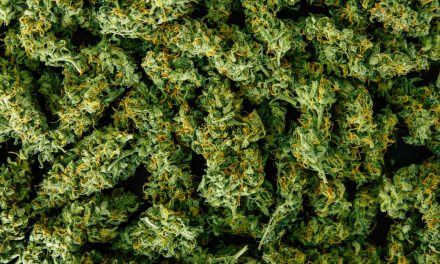this are people who are economically disadvantaged,” Smith said.
Arizona’s Cannabis Program Fails to Deliver on Promises for Social Equity Applicants and Communities
In 2020, Arizona voters passed Proposition 207, legalizing adult-use cannabis and requiring that social equity applicants meet specific criteria to participate in the industry. However, according to Arizona social equity applicants and community members, the program is not living up to its intended purpose.
The program’s goal was to promote ownership and operation of marijuana establishments and testing facilities by individuals from communities disproportionately impacted by the War on Drugs. This included having an annual income 400% less than the federal poverty level, having a cannabis-related conviction on their record, or living in a zip code affected by the War on Drugs.
Despite these criteria, only 26 licenses were available for social equity applicants in 2021. Alicia Deals, one of 1,301 applicants, was one of the lucky few to win a license through a lottery held in 2022. “We went for it. And we won, and we won in the most grandest fashion,” Deals told the Arizona Mirror.
While Deals’ business continues to thrive, others have chosen to sell their licenses to corporate companies or private organizations. According to a report from the Arizona Center for Investigative Reporting, 11 of the 26 social equity licenses were owned by corporate dispensaries, seven were purchased by private investors, and half were associated with shell LLCs. Deals, on the other hand, partnered with Cookies to open a dispensary in Tempe, Arizona in August 2023.
Demitri Downing, founder and president of the Marijuana Industry Trade Association, stated that the program’s reality is not what voters approved. “I would argue that the social equity licensing programs that exist in cannabis have done the exact opposite of what needed to be done,” Downing said.
Critics of the current program also point out that 26 licenses, compared to the state’s 170 dispensaries, is not enough to truly allow social equity applicants to participate in the industry. The Arizona Department of Health Services (ADHS) claims that the lottery was conducted with integrity and in accordance with the law, but they do not have the legal authority to intervene in the sale of a dispensary.
When the lottery was held, advocates and lawyers called for amendments to improve the program. Gary Smith, president of the Arizona Cannabis Bar Association, believes that the ADHS did not do enough. “They really could’ve done a myriad of different things,” said Smith. “But they’re a health agency, not a social do-good agency. They were not well-suited for it.”
One issue identified by Smith, as reported by the Arizona Mirror, is that social equity license holders are not required to keep their licenses, and their economic disadvantage makes success far from guaranteed. “You basically said the only people qualified for this are people who are economically disadvantaged,” Smith said.






